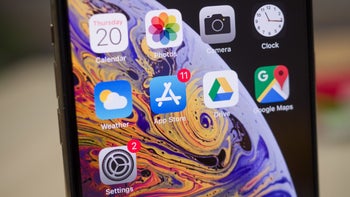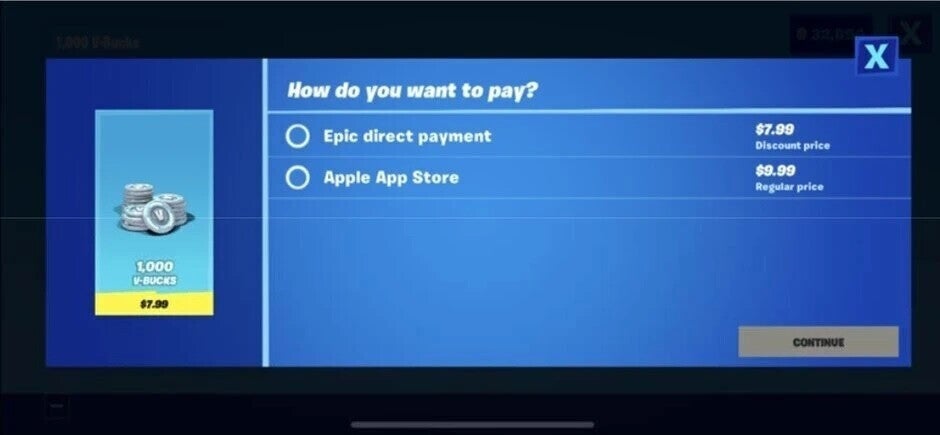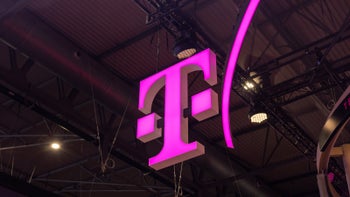Report claims that the DOJ is drafting a lawsuit against Apple. Here's why!

If you watch the news at all, you've heard those three initials that should strike fear in the heart and minds of U.S. citizens: DOJ. So what is this DOJ anyway? Well, it is the Department of Justice aka "The Justice Department." If you want a simple sentence that explains what this government agency does, "DOJ's mission is to enforce the law and defend the interests of the United States."
The Department of Justice, according to Politico, has some of its lawyers drawing up a "potential antitrust complaint" against tech bellwether Apple. A source with direct knowledge of what is going on at the DOJ says that the agency has concluded an extensive investigation into the company and is at the point where a decision has to be made on whether or not to initiate a lawsuit.
Report says DOJ prosecutors have been drafting a lawsuit against Apple
The report indicates that prosecutors are hoping to file a suit against Apple by the end of the year. Teams of prosecutors are doing the things that need to be done before such an action takes place. However, no final decision has been made on whether to proceed with a lawsuit against one of the largest and most powerful tech companies in the world. Two people familiar with the investigation (including the previously mentioned source) say that there is still the possibility that no charges will be filed. Because the investigation is ongoing, both sources were given anonymity.

Epic violated App Store rules by including its own in-app payment platform with the Fortnite app
As part of a broader probe into the tech arena (the DOJ previously sued Google over search and search advertising back in October 2020), the Justice Department has been investigating Apple since 2019 claiming that the Cupertino, California company has been throwing its weight around in an attempt to smother smaller competitors including app developers, tech companies, and hardware producers.
At various times, Congress, the DOJ, and the Federal Trade Commission (FTC) have had "Big Tech" in their sights. The FTC is believed to have an investigation running about Amazon's retail and cloud businesses.
As one of the richest companies in the world with a market capitalization (stock price multiplied by shares outstanding) of $2.63 trillion, Apple has the ability to attract the best legal minds available. One part of Apple's business that has attracted attention from the DOJ is the App Store. Because Apple does not allow iPhone and iPad users to install apps from third-party app storefronts (a process called sideloading which, by the way, Google does allow on Android), forcing app developers to fork over as much as 30% of in-app payments to Apple sounds like a potential antitrust violation to the DOJ.
DOJ could be waiting for a ruling on the appeal of the Epic v. Apple lawsuit
Three people cited by Politico as being familiar with the DOJ's work were granted anonymity and revealed that public comments by Tile, the company that produces tags and other products to help find lost items, are being scrutinized by the investigators working on the Apple case. Tile competes with Apple's AirTags trackers. The three sources say that the App Store and Apple's iOS mobile phone operating system are the major Apple units that the DOJ is looking at.
Apple last month allowed "reader apps" (apps that deliver digital content) to link to their own external websites from the App Store allowing subscribers to sign-up and manage their accounts while bypassing Apple's in-app payment platform. Netflix was one of the so-called "reader apps" allowed by Apple to do this.
But this doesn't end the Epic v. Apple lawsuit which came about after Epic included a link to its in-app payment platform inside the iOS and Android versions of its popular Fortnite game. The link led game players to Epic's website where in-game currency was offered at a price lower than what was being charged inside the App Store. That's because Epic didn't tack on the 30% Apple Tax on such purchases that it processed itself.
The judge presiding over Epic v. Apple ruled that Apple would have to allow apps in the App Store to redirect to external websites. But she also ruled that Apple could not be forced to include Epic's app store in the iPhone and also ruled that Apple was not a monopolist. Both sides appealed even though Apple had referred to the original ruling as a huge win."
The DOJ could be waiting until the appeals are heard in order to present a stronger case. And if the drumbeats get louder, there is always the chance that Apple will try to work out a settlement to prevent what would certainly be a circus from taking place.










Things that are NOT allowed: